
全球技术故障导致大范围旅行混乱
更新於 2024年7月19日一场大规模的信息技术故障已对全球航空旅行、商业和基本服务造成严重干扰。这次故障始于周五早些时候,已影响到主要航空公司、医疗设施和警察部队,导致航班取消、延误,并给各行各业的运营带来挑战。
网络安全公司 CrowdStrike 已对此次故障负责,称这是例行软件更新出错所致。CrowdStrike 首席执行官乔治-库尔茨(George Kurtz)强调,这不是一起安全事件或网络攻击,而是 "在 Windows 主机的一次内容更新中发现的缺陷"。
对航空旅行的影响
这次技术故障对航空业的打击尤为严重。根据航空技术公司 FlightAware 的数据,在美国东部时间周五上午 8 点之前发生的 1352 起航班延误和取消事件中,有一半以上是由这次故障造成的。包括美国航空公司、达美航空公司和美国联合航空公司在内的主要航空公司都以通信问题为由发布了停飞通知。
影响波及全球,从日本到欧洲的乘客都面临航班取消和延误。柏林勃兰登堡机场报告称,旅客办理登机手续出现延误,而西班牙机场管理公司 Aena 承认,计算机系统事故导致其 46 个机场出现延误。在澳大利亚,悉尼机场警告说可能会出现中断。
旅客指南
航空公司和旅游专家为受此次大面积故障影响的旅客提供了以下建议:
1.保持信息畅通:定期查看航空公司网站或应用程序,了解航班状态的最新信息。
2.联系您的航空公司:如果您的航班被取消或严重延误,请联系航空公司的客户服务部门,了解重新订票的选择。
3.保持耐心:随着系统逐渐恢复运行,可能会有一些乘客积压在机场等待处理。请提早到达机场,并做好等待时间较长的准备。
4.考虑其他交通工具:如果是短途航班,可选择火车或巴士。
5.了解自己的权利:熟悉航空公司关于航班延误和取消的赔偿政策。
6.旅行豁免:许多航空公司提供旅行豁免,允许乘客重新订票而无需支付费用。请检查这是否适用于您的机票。
7.监控社交媒体:航空公司通常会在其社交媒体渠道上提供实时更新。
##恢复和持续挑战
截至周五上午晚些时候,微软宣布其 365 应用程序和服务已经恢复,但仍有个别客户可能受到影响。CrowdStrike 发布了新的软件更新,自动修复了部分受影响的计算机。但是,还有一些电脑需要手动重启和修补,这也是造成持续延迟的原因之一。
CrowdStrike 首席执行官乔治-库尔茨(George Kurtz)警告说,问题可能会持续一段时间。"他告诉美国全国广播公司(NBC)的 "TODAY "节目:"有些系统可能需要一段时间才能自动恢复。库尔茨对客户和旅客受到的影响深表遗憾。
更广泛的影响
除航空旅行外,这次技术故障还产生了深远的影响。在英国,火车运营商报告称 IT 故障导致了航班取消,伦敦证券交易所的监管新闻服务也出现了中断。英国国家医疗服务机构承认,已意识到全球 IT 故障影响了预约和病人记录系统。
在以色列,至少有 15 家主要医院受到影响,大多数医院要么恢复正常运行,要么恢复人工流程。该国的救护车服务紧急线路也受到了影响。
展望未来
随着系统逐渐恢复运行,旅客和企业都在为可能持续数天的潜在后遗症做准备。航空公司正在努力清理积压的延误和取消航班,这可能会导致航班时刻持续中断。
此次事件凸显了现代基础设施对信息技术系统的严重依赖。它严酷地提醒我们,在一个日益数字化的世界里,需要有强大的备份系统和应急计划。
随着事态的不断发展,当局和受影响的组织呼吁大家保持耐心和理解。建议旅行者保持警惕,与航空公司保持密切联系,并为未来几天旅行计划的可能变化做好准备。
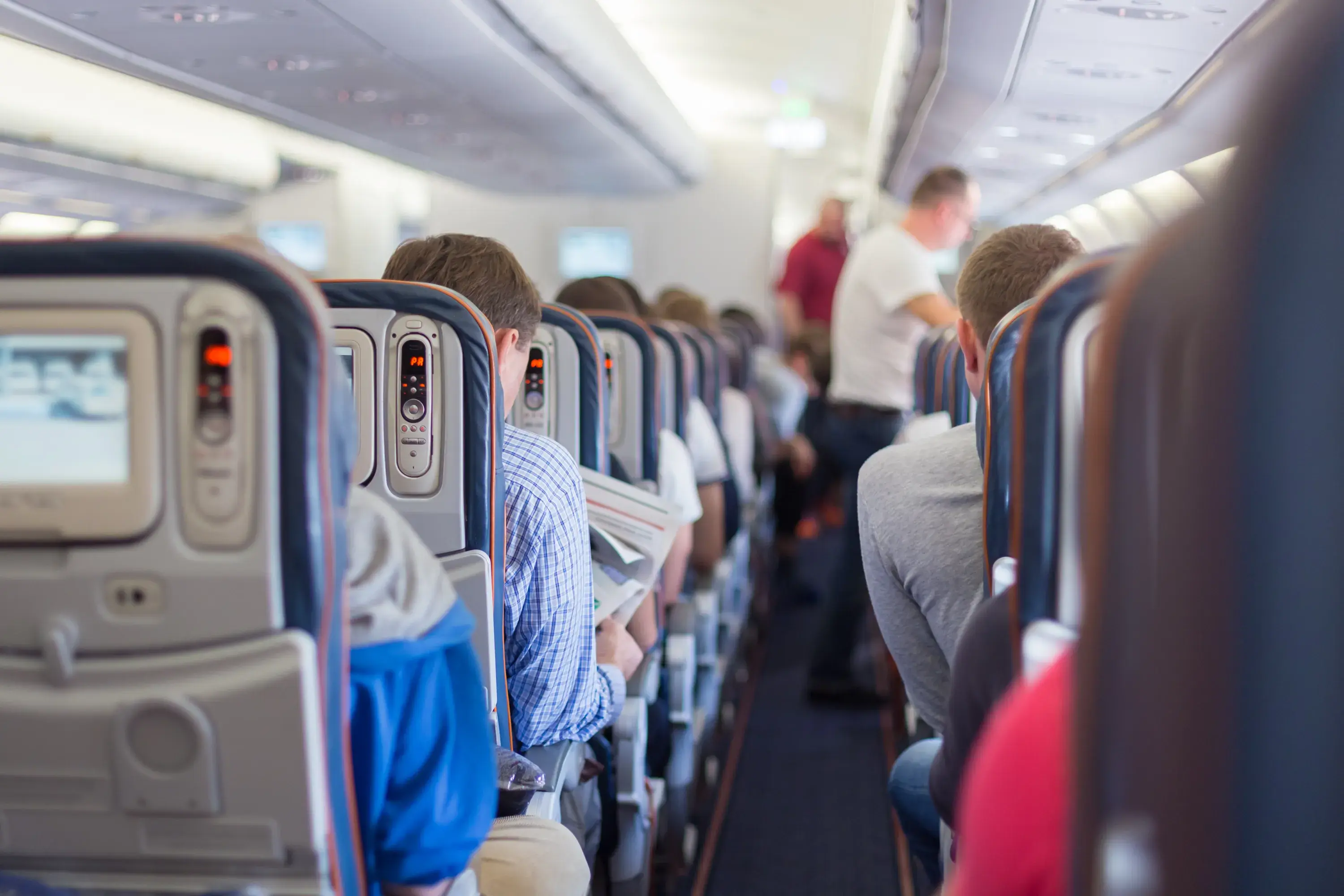
航空公司新闻
性别隔离座位:赋予女性权力还是歧视男性?
2024年7月25日
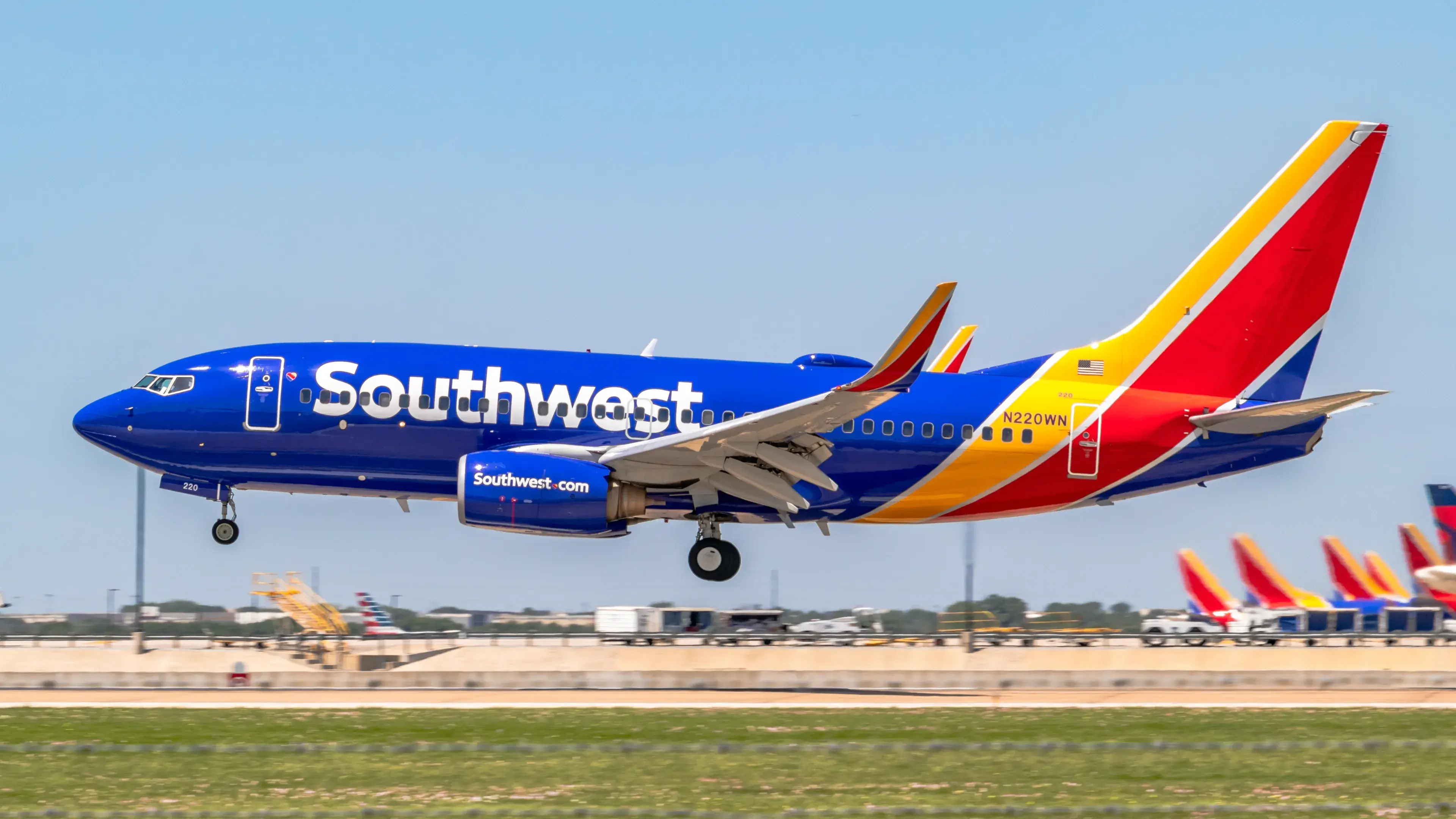
航空公司新闻
西南航空革新登机方式:告别标志性的开放式座位政策
2024年7月26日
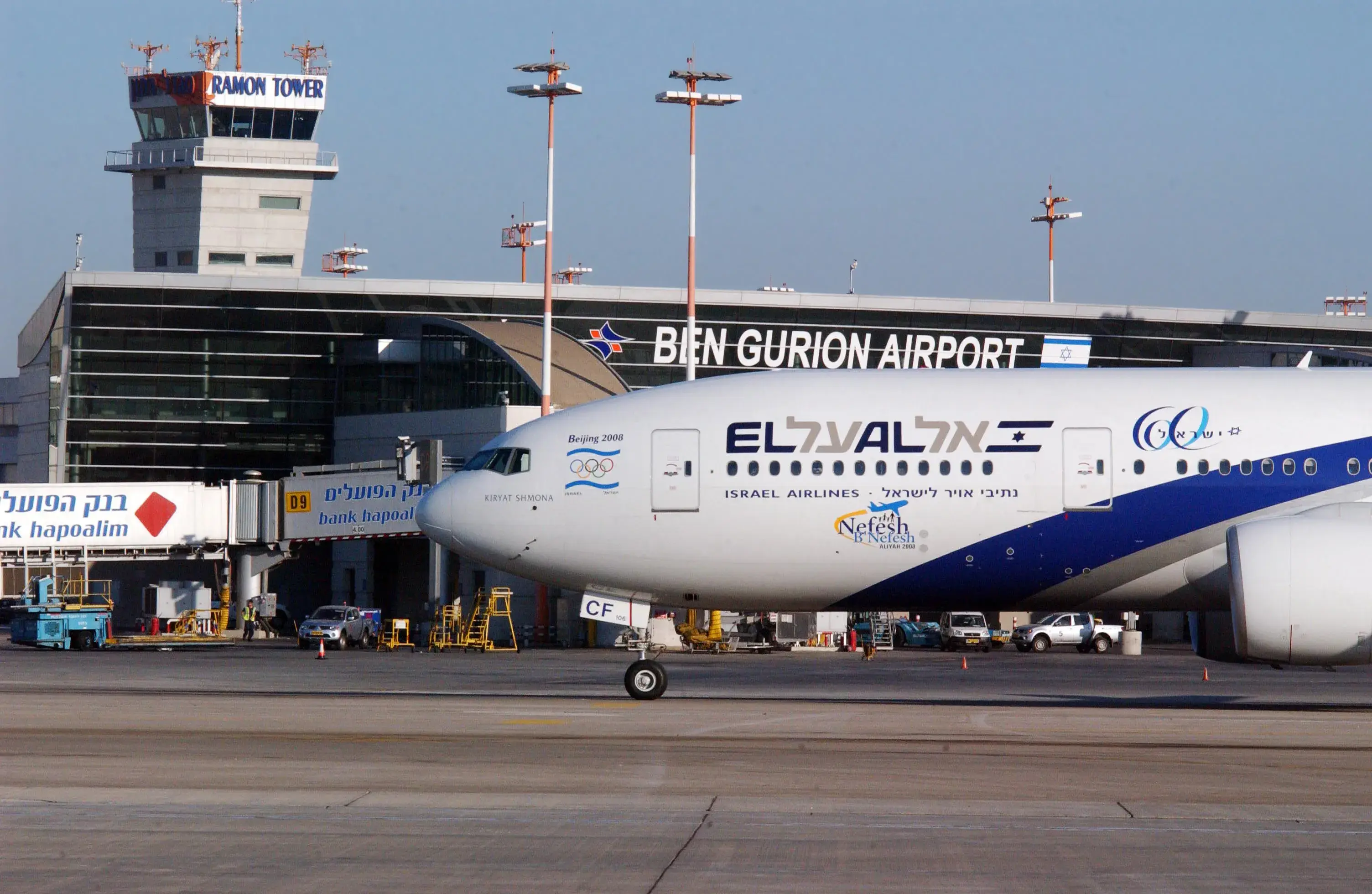
航空公司新闻
中东紧张局势升级,航空公司停止飞往以色列的航班
2024年8月1日

航空公司新闻
美国国务院就孟加拉国政治动荡发布旅行警告
2024年8月6日

航空公司新闻
全球警报:英国陷入极右翼混乱,九个国家向公民发出警告
2024年8月9日
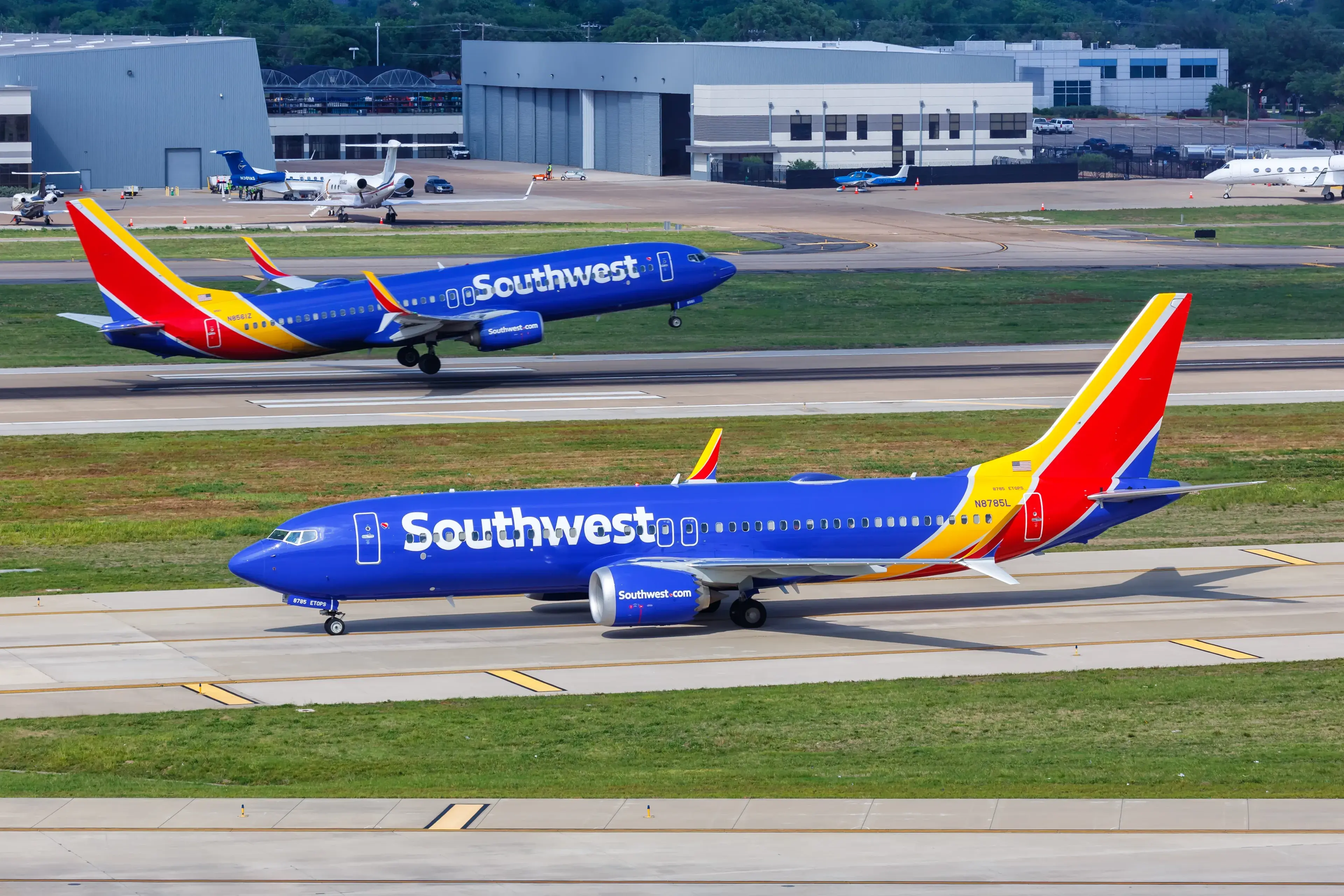
航空公司新闻
西南航空售价 46 美元的航班火爆网络
2024年8月15日
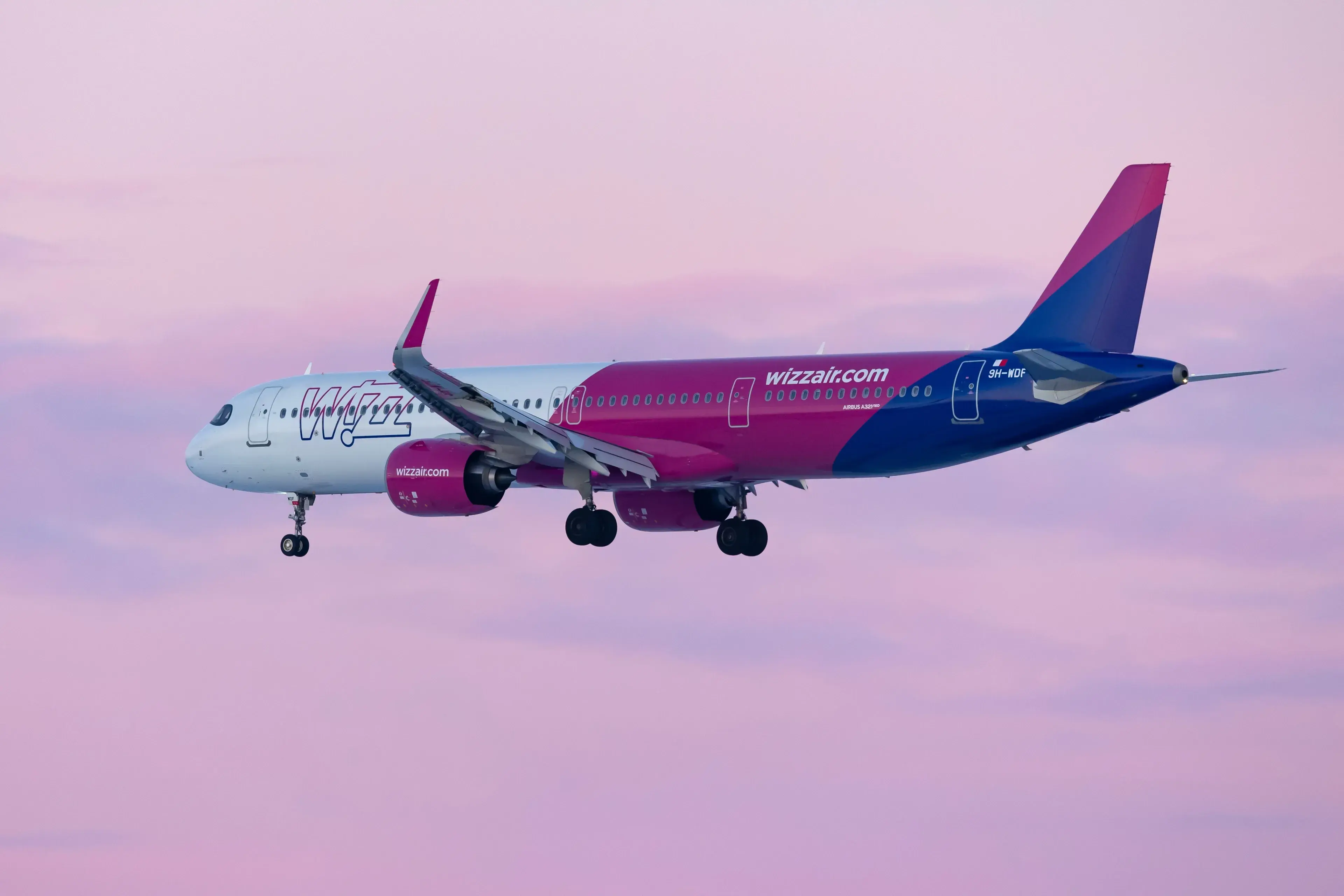
航空公司新闻
威兹航空推出革命性的 "任您飞 "年票
2024年8月15日

航空公司新闻
热带风暴海伦迫近,各大航空公司调整航班时刻
2024年9月24日

航空公司新闻
美国联合航空公司因商务舱座位纠纷威胁大规模下机
2024年9月26日

航空公司新闻
航空业动荡加剧,精神航空面临破产威胁
2024年10月4日
